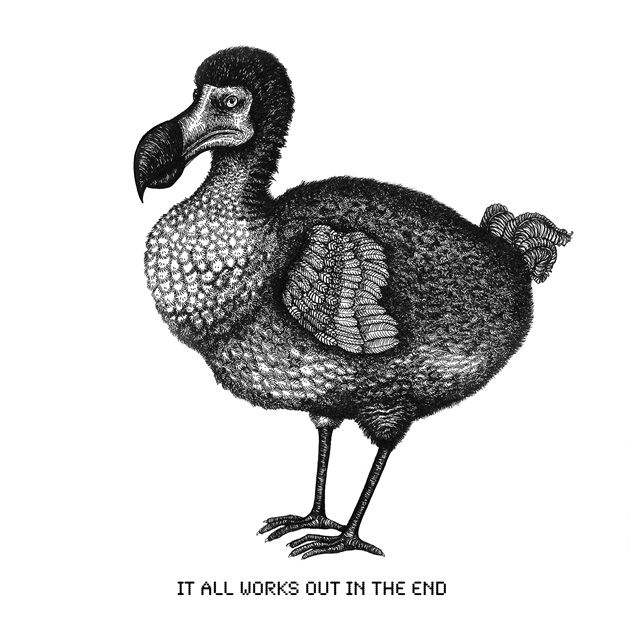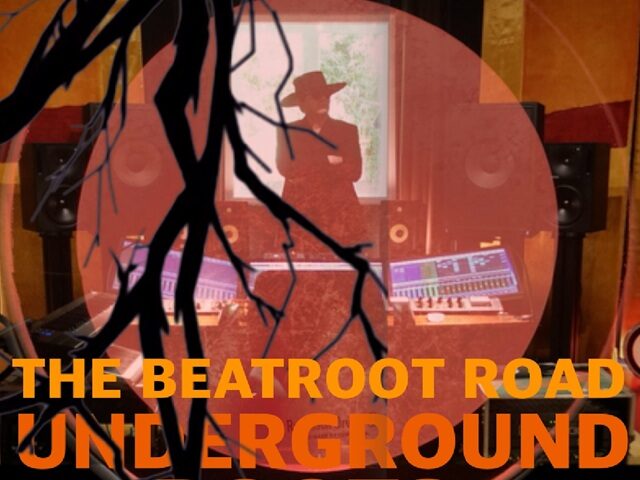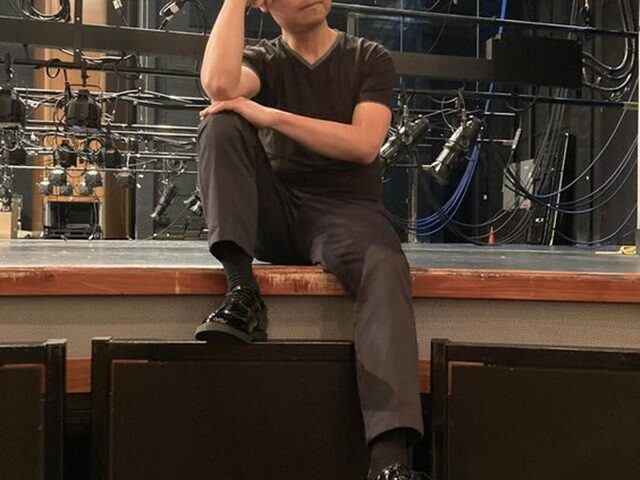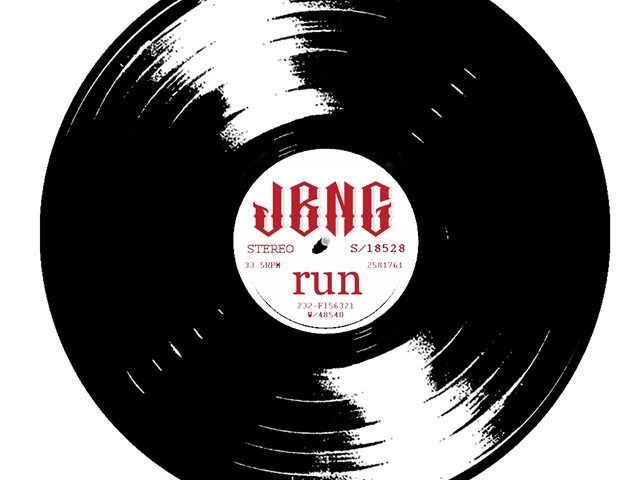
We chat with Stockholm-based artist Idan Altman about his new album, ‘It all works out in the ☰nd,’ in addition to personal inspirations, the role of perfectionism in creating art, producing for other artists, and more.
What inspired you to revisit and refine your past work over the last nine years instead of moving on to new projects?
I’ve put out a lot of music in the past years and at some point, making another album didn’t feel necessary. However, when I listened back to my old albums, I realised that, even though I thought I had done my best, I could actually do better.
I also wanted to try an opposite approach to what seems to be the norm these days. We are encouraged to release new music regularly to keep fans engaged, but I think people are overwhelmed with all the music that’s out there. Instead of adding more, I decided to consolidate everything I’ve done before into one album. I wanted to make sure that anyone hearing me for the first time gets something good, no matter which track they land on.
Can you share how your personal journey influenced the evolution of this album?
When I think about my personal journey, it feels like a metamorphosis. Every time life threw something at me that was too much to handle, I had to become someone who could handle it. This meant letting go of what wasn’t working, accepting my limitations, and perfecting my strong sides. Just as the person I am today is a refined version of all the people I used to be, this album is a refined version of the ones that came before. It went through the same process.
How has your perspective on perfectionism changed throughout the making of this album?
I used to think that perfectionism was about obsessing over every tiny detail and pushing myself to the extreme but after working on something for so long, I learned that you can be a perfectionist and take it easy at the same time.
Perfecting something requires a lot of time and patience. Some things will never be finished, and that’s okay. It’s not about the end result—it’s about enjoying the process of making something better.
How does this album encapsulate your artistic growth over the past decade?
This album opens with Life Goes On, a track I made in Berlin in 2015. At that time I was aiming to sound like my favourite artists because I still didn’t have my own sound.
The closing track Heroic Bee, was recorded in 2017 when I started pushing myself to music outside my comfort zone. in this case – recording whole takes without any edits and without using a click.
In 2018 when I relocated to the dutch countryside, I challenged myself to make an album without using any guitars which was my main instrument until then. This project made me feel much more comfortable with playing bass and using all kinds of analog synths, sequencers, drum machines etc.
Later in 2020, I was experimenting with psychedelics and, without intending to, ended up making a lot of music in that state. Mircoverse is the only track from that time that made it in to this album. This particular track was created on a micro-dose of LSD.
All of these projects and challenges taught me how to approach music in different ways and pushed me to reinvent myself over and over until I finally defined my own sound and no longer had to put a lot of effort in to the process.
What role did major life events, like your time in Lisbon, play in shaping this album?
Every track on this album is a result of some life event. Experimenting with psychedelics, for example, was my way to cope with a life crisis in 2019.
In 2022, after not having written anything in years, I found myself in a thrift store in Lisbon with an ex-girlfriend. We had just broken up, and as she browsed the store, it suddenly hit me: just like the items in the store, I’m also secondhand, back on the market and hoping for a fresh start. I immediately wrote down the first lines of what later would become Thrift Store Girl. It was this event that made me write again.
This is what made me go back to my old albums and make a new version of It All Works Out in the End that included this song.
What did you learn while working on this project?
Growing up is uncomfortable. When life is not being fair its simply trying to push us to become a better version of ourselves. No matter what it is, we need to keep going until we get to the point where it all makes sense. It all works out in the end.
Why was it important for you to include bonus tracks and past versions alongside this release?
A lot of great tracks didn’t make it onto this album because I wanted to keep it simple. The Bandcamp version offers a deeper insight into all the projects I mentioned before. The earlier versions of the title track, It All Works Out in the End, also helps to strengthen the album’s overall message. I’ve released and scrapped this specific track 4 times before finally getting it right. It’s another perspective on the message I’m trying to convey: keep trying and don’t give up.
Looking back, how did producing for other artists influence the way you approached your own music?
My first production gig was back in 2013. The first few years didn’t involve many projects, but over time, things gradually picked up—and then exploded during COVID. Suddenly, everyone with songs tucked away in a drawer wanted to make good use of their time at home, and for almost three years, I was working around the clock.
Producing for other artists means working with deadlines, stepping back from my own creative vision, and ensuring they get exactly what they want. Doing this made me try out different approaches and experiment with sounds I wouldn’t typically use. It made me more flexible and ultimately brought me to a place where I could work much faster without overthinking.
Official Website / Bandcamp / Spotify
—
We discovered this release via MusoSoup, as part of the artist’s promotional campaign.





